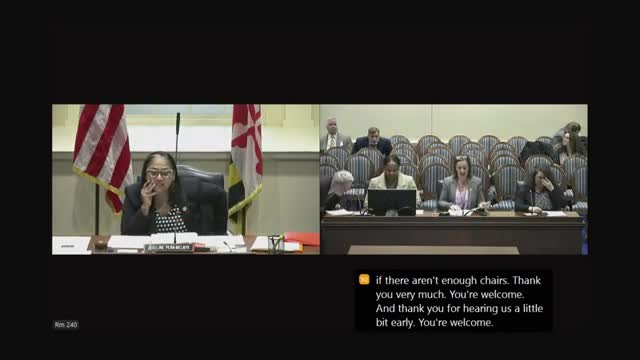Article not found
This article is no longer available. But don't worry—we've gathered other articles that discuss the same topic.
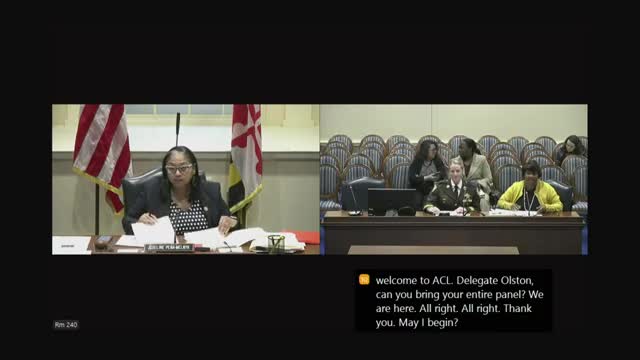
Sponsor seeks statutory clarity on use of force for emergency evaluations; advocates warn defaulting to law‑enforcement response risks harm
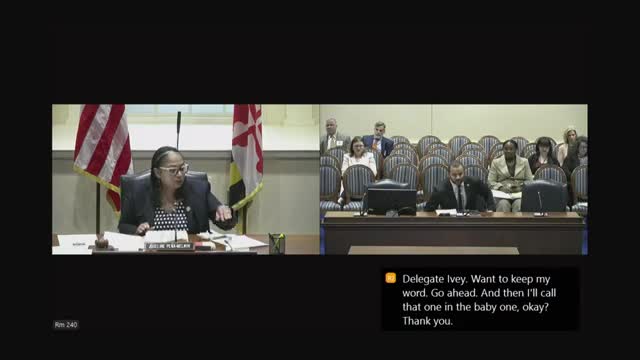
Prince George’s County bill would let local government buy and forgive medical debt; consumer advocates urge tighter protections
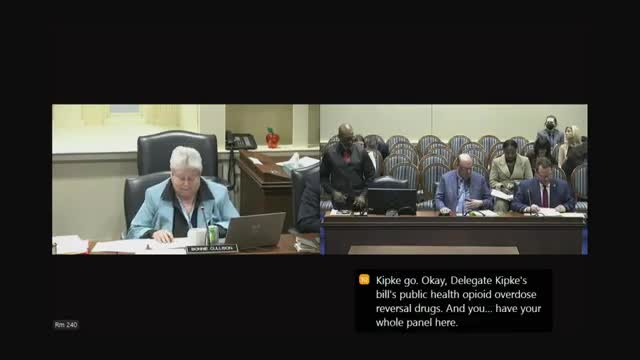
Bill would add all FDA‑approved overdose reversal drugs to statewide standing order; supporters cite lives saved, health groups urge caution
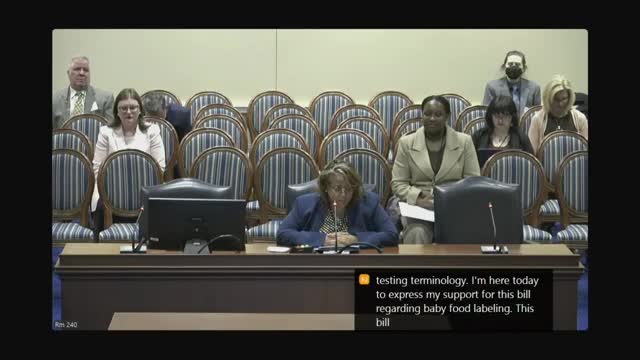
Bill would change baby food label language to 'toxic elements' to match California; retailers favor alignment
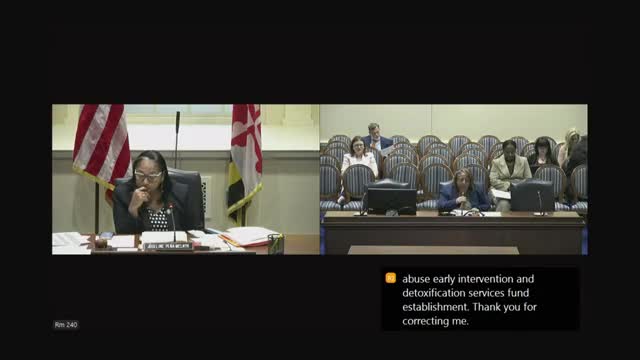
Delegate seeks statewide detox fund for uninsured and underinsured youth; sponsor plans amendment to make bill statewide
